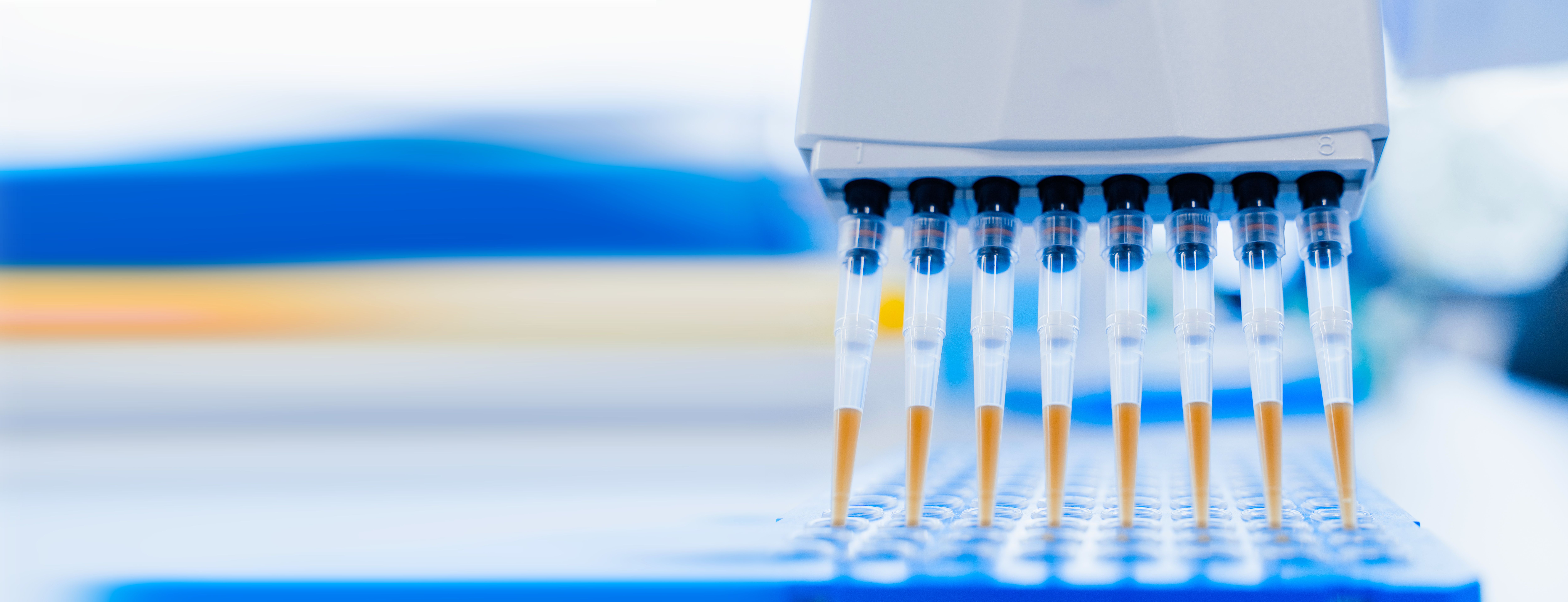Biospecimen Management Expertise
As the complexity of samples being banked with BioSEND continues to grow, it is essential that BioSEND deploy protocols that are clearly delineated and readily available to studies and sites collecting samples. BioSEND has developed a series of services that are utilized by new studies.

Procedure Manual Development
BioSEND has developed a study specific manual of procedures for new studies banking with BioSEND. The manual includes descriptive and pictorial information about sample collection, processing, and shipping.
Site Training
Before sample collection begins, BioSEND offers video-conference training sessions for the principal investigators, coordinators, lab staff, and phlebotomists that will be interacting with the samples upon initiation of the study. Site training is also available by request throughout the duration of the study as a refresher for existing staff or when new sites or staff are brought on to the study. Copies of the training slide set as well as a recorded version of the site training may be posted to the BioSEND website and made available upon request.
Sample Kits and Kit Request Module
Kits with materials for samples to be collected, processed, and shipped can be created and supplied by BioSEND. The kits include preprinted labels for specimen collection and processing tubes. For studies where BioSEND is supplying kits to the sites, a kit request module (kit ordering system) is available to request materials. Sites can visit the kit module to request complete kits or supplemental supplies as needed.
Data Reconciliation
BioSEND coordinators and IT staff work together to perform data reconciliation with studies banking samples at BioSEND. The format of this reconciliation varies by project and study and is determined by the plan developed with the data coordinating center. We currently perform reconciliation with the NINDS PDBP Data Management Resource (DMR) for PDBP and Udall studies banked at BioSEND. We also send regular reports of samples received at BioSEND to site coordinators and study leadership for confirmation. Sample reconciliation is not limited to the presence or absence of samples and data, but also includes the number of aliquots of each specimen type and protocol adherence. If any discrepancies are identified at sample log-in, the site where the sample was collected is immediately contacted. Once any discrepancies are clarified, the BioSEND coordinator logs the nonconformance into our database.
Online Catalogs
BioSEND’s goal is to make it easy for researchers to identify the samples they need for their research. BioSEND offers online biospecimen catalogs that can be queried by approved researchers to explore the range of biospecimens available at BioSEND for research use. In addition, BioSEND is working to harmonize the deidentified subject identifiers investigators use when posting genetic results to public databases (i.e. dbGAP). The BioSEND catalogs then provide the link to the public databases containing genetic and genomic data generated from samples from these subjects.
For studies that use a data coordinating center that provides catalog services, such as DMR, FITBIR, LONI, or RTI, BioSEND offers customized application programming interface (API) to push specimen data to the data coordinating center.

